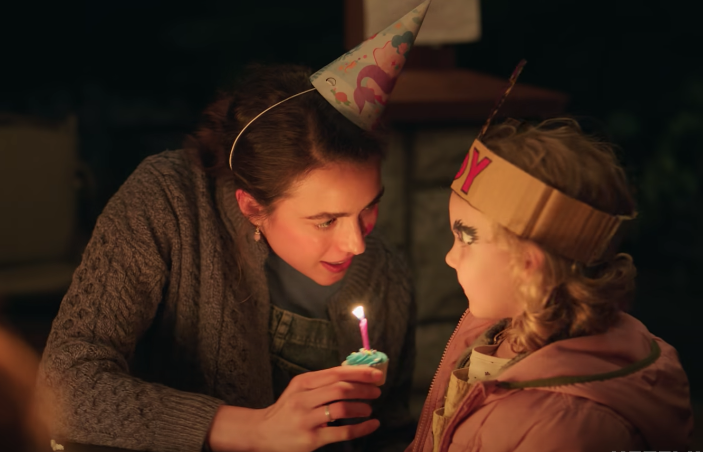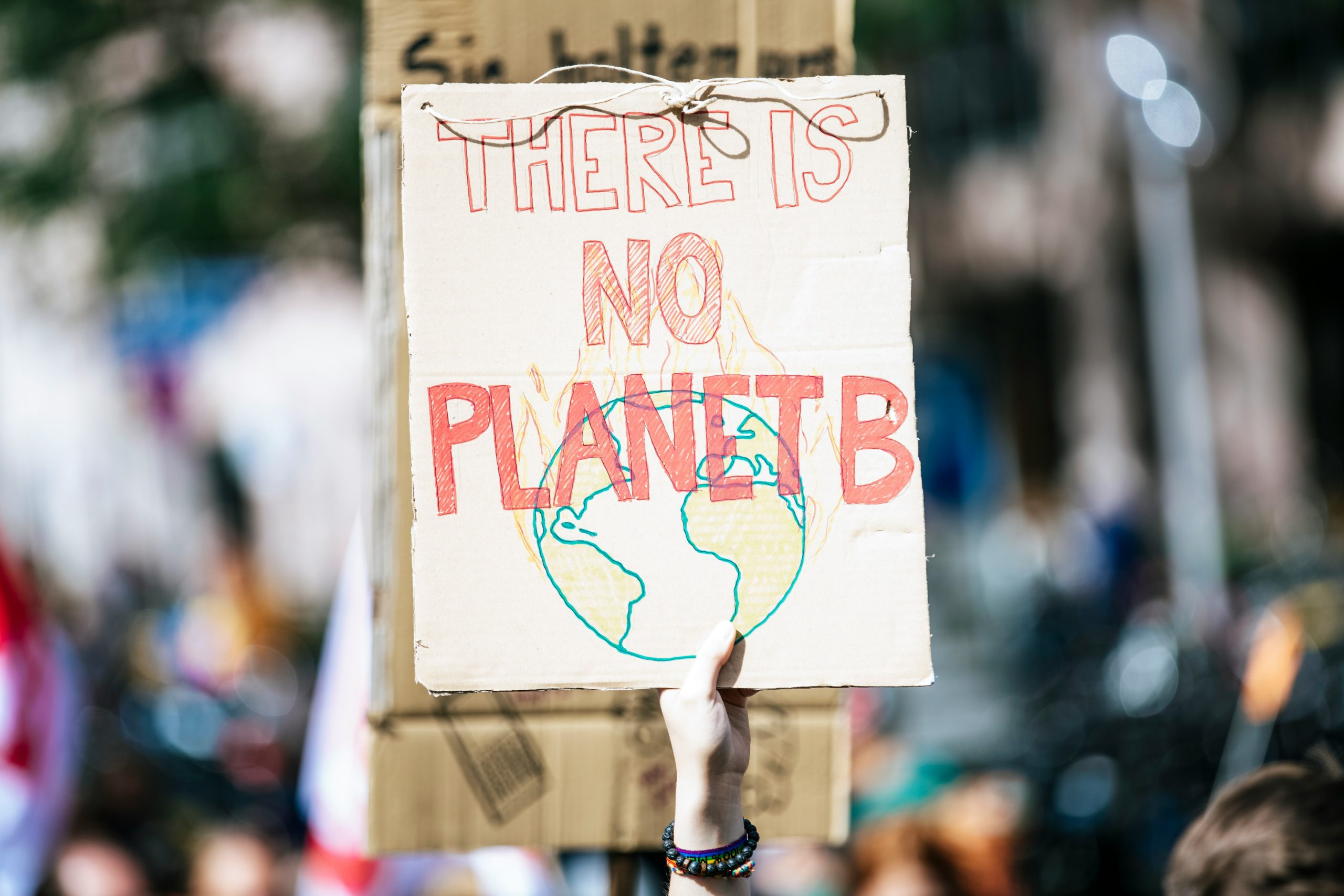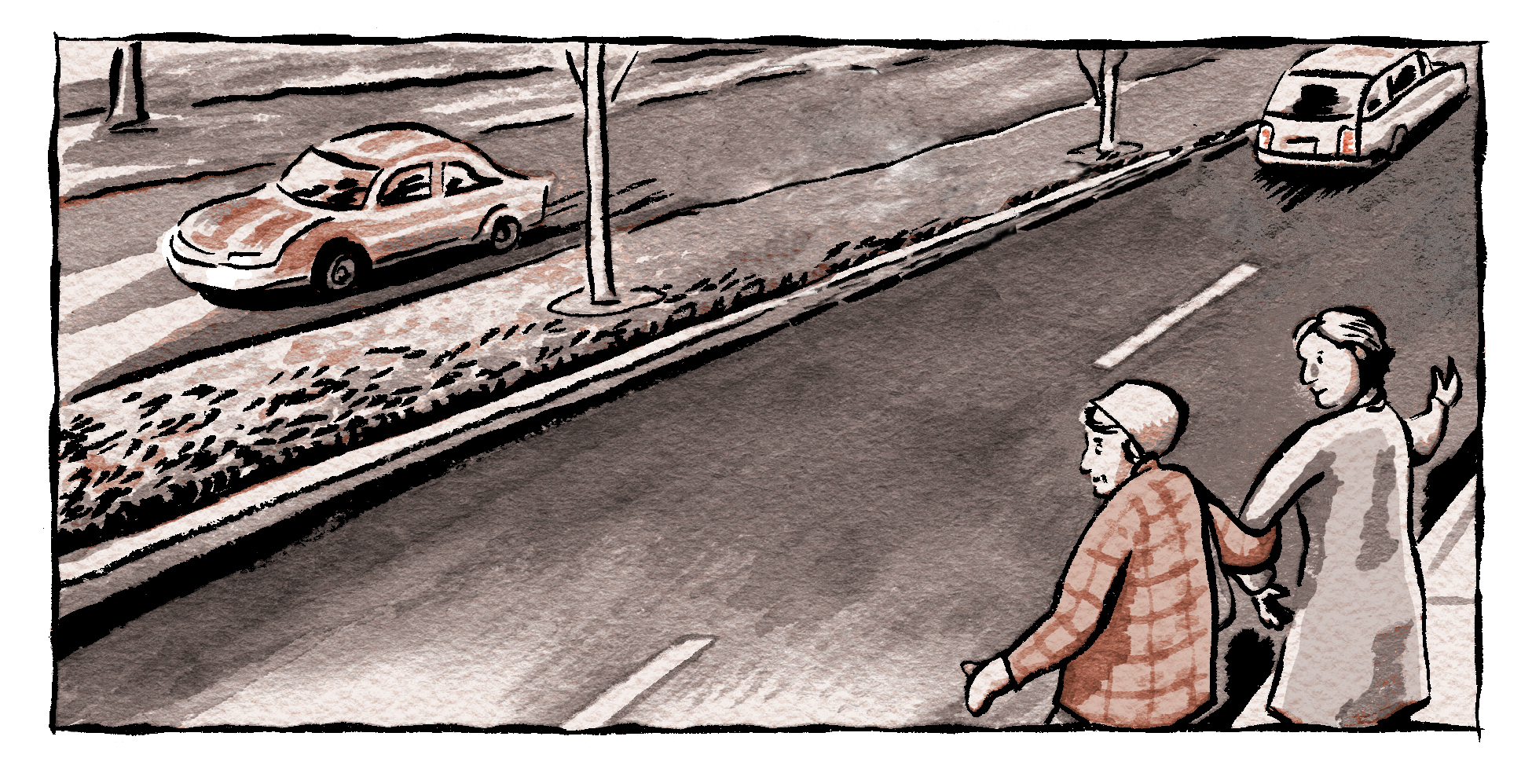Books & Culture
This Memoir Will Make You Rethink All the Times You’ve Judged “Bad” Mothers
Stephanie Land’s “Maid” forced me to reckon with my financial privilege

After reading Maid, Stephanie Land’s memoir of being a professional cleaner, I examined my home like someone hired to clean it. The underside of my shower shelves hosted a fine layer of scum, pink and speckled. I hadn’t vacuumed under my sofa cushions for months. The unscrubbed counter behind my kitchen sink collected a layer of gray grime. I couldn’t stop seeing the dirt in my life.
But Land’s memoir didn’t just make me reckon with the literal mess in my house. It also made me face up to something much grimier: my willingness to judge other women, especially other mothers, and how much those judgments hinge on my financial privilege. Her book dares you to look down on her, and then shows you who you are when you do.
Land’s descriptions of the aftermath of daily life remind me of the combination of horror and satisfaction many people find watching Dr. Pimplepopper videos. Describing the cleaning of one client’s trailer, Land writes there were “pools of crystalized piss around the base of the toilet.” But she’s not just judging his cleanliness — she’s putting it in context. She writes, “I felt disrespected by that toilet, by the man who’d left it in that condition, by the company that paid me minimum wage.” Land’s memoir forces readers to examine their implicit judgments about what we mean by the value of hard work in America and societal expectations of motherhood.
Maid tracks Land’s life as she leaves an abusive relationship, gives birth, and navigates the complex system of governmental support seemingly keeping her down while also keeping her alive. She works for a cleaning service, lives in a string of unsustainable housing situations, and raises her daughter, Mia, as a single parent. Writing about her jobs under nicknames like “The Sad House” or “The Porn House,” she imagines the life of her absent clients. She passes unobserved in her work at most of her places of employment. She uses the term “ghost” to describe herself five times in the book and makes it painfully clear how little people “see” the labor of minimum wage employees. What people notice, she says, are the almost invisible trails she leaves in the carpet each week — almost invisible, but not quite, unlike the ghost who leaves them. When a client treats her as a human being, offering her fresh lobsters to cook for her dinner, the act of kindness brings tears to her eyes. What a wonder it was, she says, to be treated “like a guest, not a ghost.”
Other times, this invisibility falls away. What sets this memoir apart is the tone, so self-aware at how she has been viewed. As a domestic abuse survivor, Land makes it all too obvious that she has heard a twisted version of herself spouted back in arguments. About the custody case with her ex, Land writes, “Somehow, it reflected badly on me that I’d removed Mia from a place where I was punished and brutalized until I was curled up on the floor… they only saw that I’d taken her out of what they considered a financially stable home.” She confronts past judgments by her father, that she “made up stories for attention.” She defended her choices when applying for governmental assistance that made too much money, too little, lived in the wrong place. A nurse at a hospital told her she needed to “try harder” for her daughter.
Land’s memoir forces readers to examine their implicit judgments about what we mean by the value of hard work in America and societal expectations of motherhood.
Before I became a mother, I didn’t realize how much of my time would be spent observing other mothers. The act of watching created mental tally marks: I wish I did that, I won’t do that, I can’t believe she did this. Without meaning to, one can get easily sucked into the mommy-wars cliché. I made a conscious effort to stop: it made me miserable, self-conscious, and envious at the same time. I have three young children and know I am not perfect. I have moments in my parenting that others have witnessed and which I am sure they judged. For instance, I cut my daughter’s hair for the first time while freaking out about a lice infestation. She ended up with an angular, accidental bob that took months to grow out. The longer I’ve been a parent, and the more I’ve found myself unhappy with some parenting decisions I make, the less I try to judge — and the more I congratulate myself for not judging, for being a good feminist and supporting other women. Reading Land’s memoir forced me to examine how far I’d really come.
The driving force of Land’s choices center on Mia’s well-being, and those choices sometimes reject cultural norms in parenting. For instance, when Mia is sick, Land doses her with Tylenol and sends her to daycare. I put down the book when I first read this. The social contract of daycare centers is: first, spread no evil. Twenty toddlers licking random objects — because they are toddlers — will foment enough disease without knowingly adding germs. I felt bad for Mia, but also for the other children and their parents. Not a paragraph after declaring she brought Mia to daycare, however, Land reminds me that my parental mathematics is incomplete. I am only seeing the limited calculations of the middle-class variables in my parenting. Beyond the inconvenience and concern experienced by most parents of sick kids, Land describes the horrible paradox she faced with every illness: “I needed her to be there so I could work, even though I sacrificed her well-being.” Land shows the reader in no uncertain terms that many Americans have no concept of truly being three hours of paid work away from destitution.
Land’s memoir offers no solutions to poverty. That is not its purpose. Instead, her purpose is to show how little many of us understand the working poor. She remarks that even she didn’t understand that reality before she lived it. As a child, she remembers picking out an ornament with a list of gifts on it and buying them for a family in need. When she and her family dropped the gifts off at the family’s home, she remembers being disappointed that she wasn’t allowed to watch the children open their presents, that the man at the door didn’t thank them quite enough for dropping them off. I try to foster a sense of giving, thankfulness, and service in my children, and I admit that I sent them to pick just these such ornaments this year. We strolled the aisles of Walmart looking for the listed items: a small box of chocolates, colored pencils. I mentally checked the box of “remind kids of true meaning of Christmas!” in my head as they brought them to the church. Land shows the inadequacies of this kind of band-aid solution, at least on its own. Looking back, she says acts like this made “poor people into caricatures — anonymous paper angels on a tree.” Not that she looks down on giving, but the tokens represent an impulse for the giver to feel better, not the receiver’s life to change. “There wasn’t any way to put ‘health care’ or ‘child care’ on a list,” she writes.
Land’s memoir offers no solutions to poverty. That is not its purpose. Instead, her purpose is to show how little many of us understand the working poor.
Land’s memoir demonstrates that mothers always face impossible choices, but privilege softens the impact of each choice. Each possible tally mark of guilt is erased by things like steady income and insurance, having a supportive partner or family nearby, being in the majority in ability, race, or gender identity. Land makes an example of herself, calling out her own privilege as a white person when receiving government benefits. She “passes” in social situations where people complain about food stamps recipients, writing that “they don’t envision someone like me: someone plain-faced and white. Someone like the girl they’d known in high school…Someone like a neighbor. Someone like them.”
Just like being unable to recognize the soap scum in my shower, I rarely am forced to confront my privilege in parenting because the busyness of life makes it hard to see through that lens without squinting. Yes, I work and miss my kids during the day, but I trust and love my child care provider. Yes, my children get sick, but I have a partner to relieve me, even just for a ten minute nap. Yes, I have to take my kid to the doctor, but I know my insurance will cover their visit. While we stroll the aisles of Walmart for the gifts on a paper ornament, while we bring in that can for the food drive, larger societal issues stare us down: parental leave, the continuation and improvement of governmental assistance, and the removal of barriers — like unannounced inspections of governmental housing — that can make low-income people feel like inmates. Land calls me out for my restive optimism, for my feminism that says “to each her own,” without understanding what that “own” might really be like.
Land refuses to be a ghost, either in her work or her motherhood. Her memoir strives beyond tokenism: the viewing of Land and her daughter as paper angel stand-ins for all single-parent families or all people on governmental assistance. Land walks a careful path: making visible the invisible life of a house cleaner on one hand, and even more visible the implicit bias that society has against the inner life and striving of the poor. She makes us see our dirt, in all forms, and it isn’t her job to clean it up alone.









